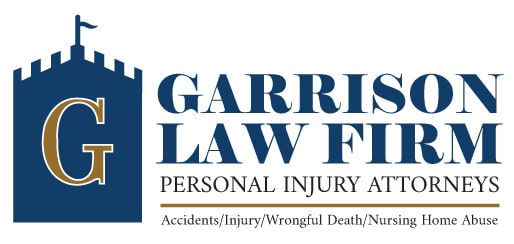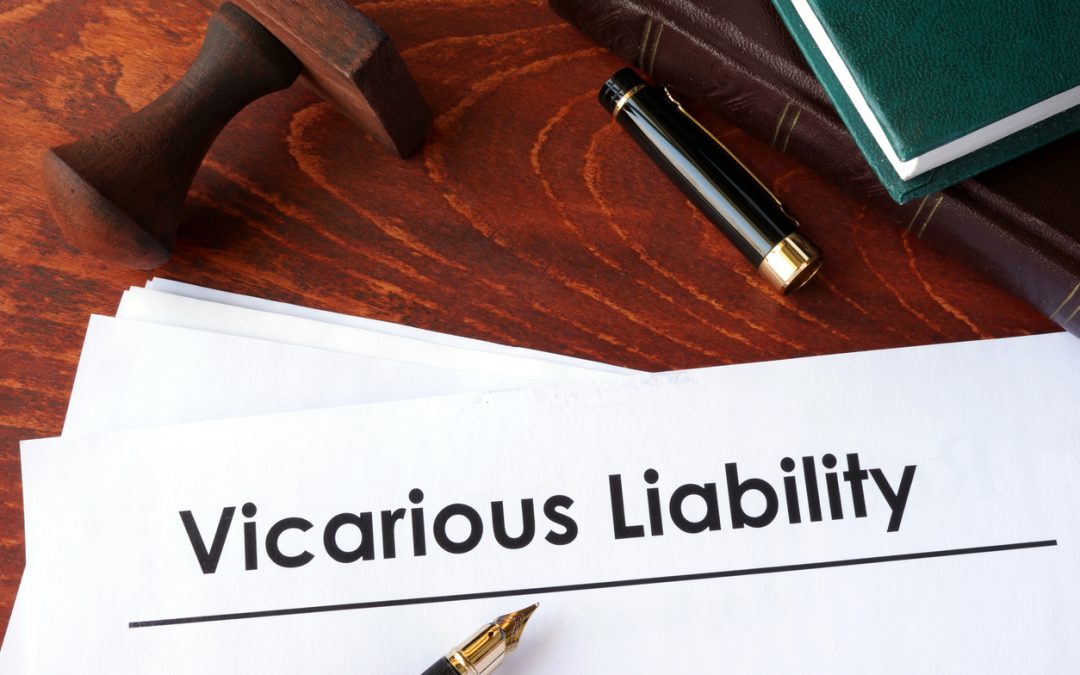Vicarious liability is a legal principle that often comes into play after a car accident, yet it may be unfamiliar territory for many people. At its core, it allows individuals or entities to be held legally responsible for the actions of someone else—typically due to a specific legal relationship. Understanding how vicarious liability works is essential when seeking compensation in a car accident lawsuit.
Understanding Vicarious Liability
Vicarious liability is fundamentally about relationships—particularly the one between an employer and an employee. Under the legal doctrine of respondeat superior, meaning “let the master answer,” an employer can be held liable for the actions of an employee, provided those actions occurred within the scope of their employment. The rationale behind this doctrine is that employers should bear the risks associated with business activities conducted for their benefit.
The Employee-Employer Relationship
A critical step in establishing vicarious liability is proving the existence of an employer-employee relationship. Courts evaluate the practical nature of the relationship—not just the formal contract—by examining factors such as the level of control the employer exercises over the worker. This analysis is especially important in situations involving independent contractors, where traditional employment structures may not apply.
Scope of Employment and Committing a Tort
For vicarious liability to apply, the employee’s conduct must fall within the scope of their employment. Actions that serve the employer’s interests or are performed during work hours at the employer’s direction typically qualify. In most car accident cases, the relevant wrongful act (or tort) is negligence. That negligence must directly cause harm or damage for the employer to be held vicariously liable.
Limitations and Defenses
Vicarious liability has important boundaries. Employers may defend against such claims by showing that the employee was acting outside the scope of their employment or was engaged in a purely personal activity at the time of the incident. Additionally, employers are generally not held liable for an employee’s intentional or criminal acts unless those acts were somehow authorized or foreseeable within the job context.
Vicarious Liability Across Jurisdictions
The application of vicarious liability varies by jurisdiction. For instance, in New York, determining whether an act was within the scope of employment often becomes a question for the jury. Arizona courts follow similar principles but may interpret employment scope differently depending on the facts. This variation underscores the importance of working with local legal professionals familiar with the relevant state laws.
Strategic Legal Consideration
Vicarious liability plays a pivotal role in civil justice by ensuring that accident victims have a means of recovery from parties who are better positioned to bear the financial burden—often an employer. This legal mechanism also incentivizes companies to implement strong safety protocols and employee training, contributing to broader public welfare.
How Garrison Law Firm Can Help
Navigating the complexities of a car accident lawsuit involving vicarious liability requires experienced legal guidance. Garrison Law Firm, based in Peoria, AZ, has a proven track record of analyzing the nuances of employer liability under Arizona law.
If you or someone you know has been injured in a car accident and believe an employer may be legally responsible, contact us today. Our skilled attorneys will thoroughly evaluate your case and advocate on your behalf with dedication and insight.
Ready to Explore Your Legal Options?
For personalized legal advice regarding vicarious liability or any aspect of your car accident claim, contact Garrison Law Firm at 623-915-1100. Alternatively, you can fill out our online form for a FREE case review. Let us guide you toward securing the compensation you deserve.



